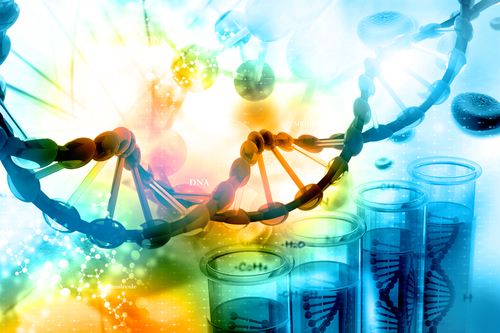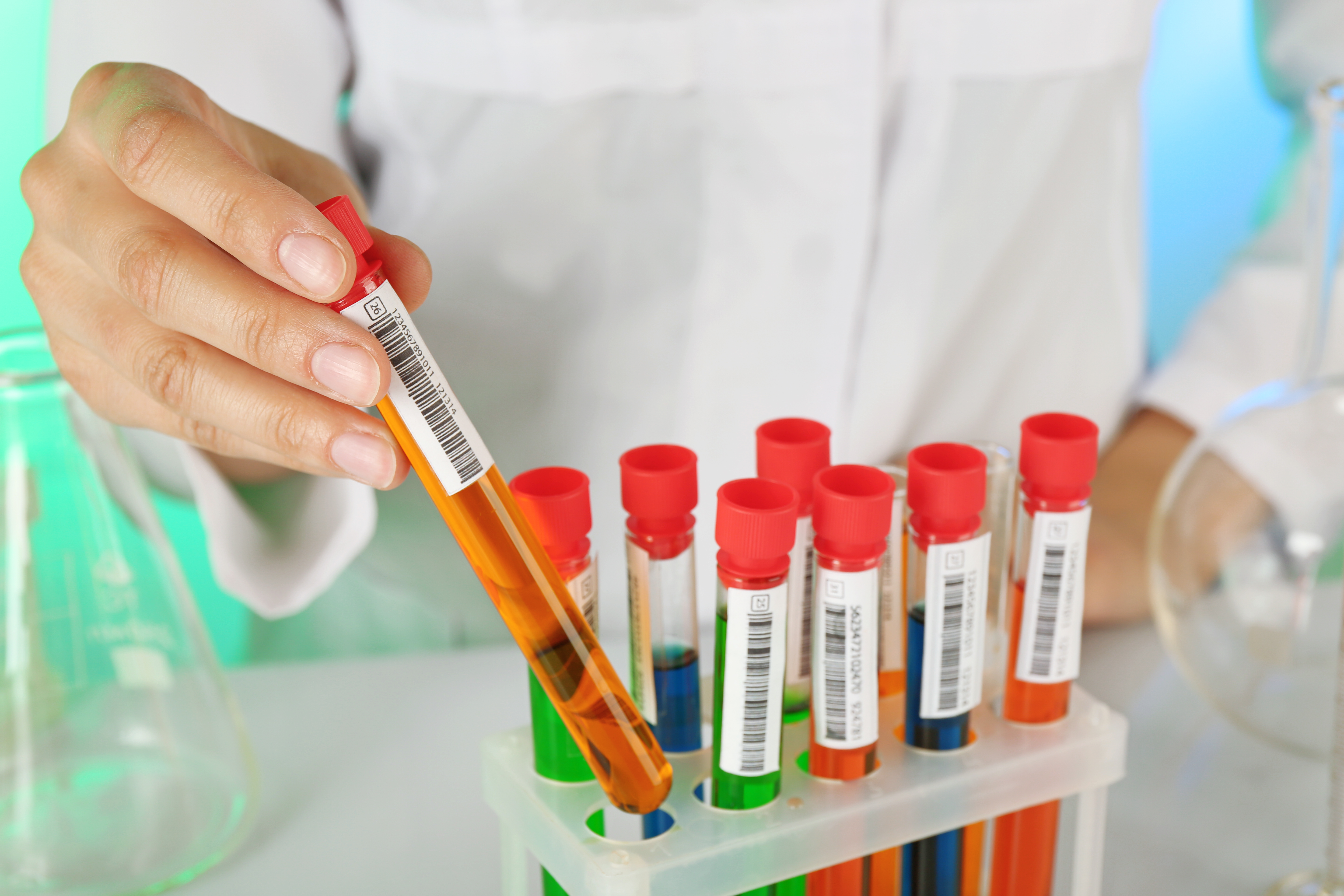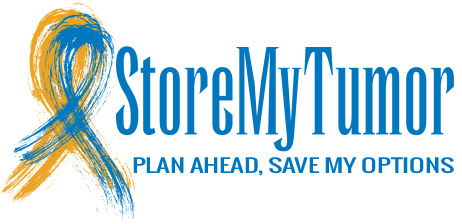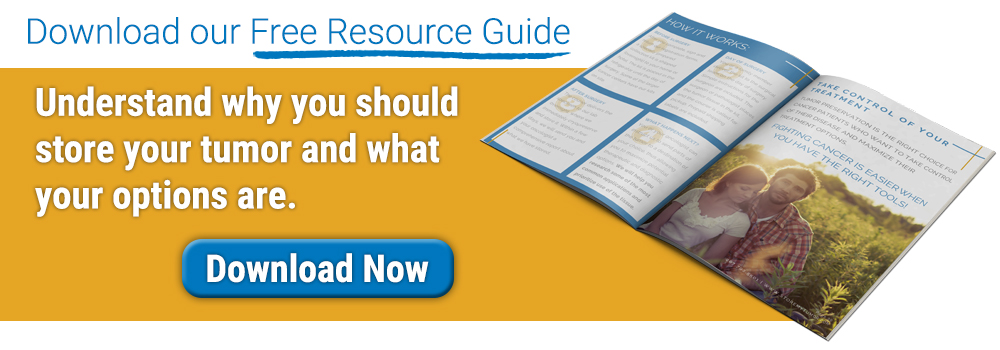Drug Sensitivity Testing
What is Sensitivity Testing?
Chemo sensitivity testing takes a sample of tissue or fluid from the tumor itself and tests chemo therapeutic agents in a lab before a chosen agent or combination is introduced to the body. This allows an oncologist to better predict how a tumor will react to the specific protocols before prescribing them. If the therapy kills the cancer cells, the oncologist knows it will do the same once it is introduced to your body. If it does not, then that treatment is given a lower priority in favor of other, more effective treatments.
This is important because standard treatments often do not work, and because chemo therapeutic agents have harsh and toxic side effects that can also last long after the treatment is over. Prioritizing these choices helps you get on the right treatment and avoid unnecessary side effects from treatments that may not work.

Yes. Chemo sensitivity (or resistance) typically tests and prioritizes 7-21 chemotherapeutic agents that are commonly prescribed to the cancer indication. Results are usually available within 7-10 working days. On the other hand, a Drug Screening Panel (or organoids) is also available, and tests over a hundred drug interactions with live tumor tissue. These tests include chemo therapeutic agents, targeted drugs and immunotherapy drugs to find the right combination of drugs and therapies to treat recurring or chemo-resistant cancers. Results are often available in 2 to 12 weeks.
Who is a good candidate?
Every patient can benefit from knowing how chemotherapy will affect their tumor before consenting to treatment. After all, there is nothing more disheartening than enduring the toxic side effects of chemo only to discover the cancer has not responded.
More specifically patients:
- with aggressive disease or disease of unknown origin
- with advanced stage cancer or metastasis
- where the cancer has recurred
- whose cancer is not responding to traditional treatments
- with multiple treatment options
- experiencing too many side effects from my current treatment
- being told that there are no other treatment options available to me
- that have or (or think they may have) developed resistance to their current treatment
Armed with live tumor tissue or fluid, your treatment team can customize a therapy that will offer you the best chance for recovery.

What is Drug Screening?
Drug screening tests hundreds of medications and therapies on your live cancer cells in a lab, and prioritizes the best choices instead of experimenting with the wrong drugs in your body. Not only are you able to avoid unfortunate side effects of certain therapies that may not work, but oncology teams can also determine which combination will best work and effectively shrink or eradicate the tumor.
Imagine having the confidence that you on the most effective treatment option.
How does Drug Screening work?
After preserving live cancer cells from your tumor, clinicians can test it against more than a hundred different drugs including chemotherapy agents, targeted medications and immunotherapy drugs. Some of these medications are experimental, or not approved for your specific indication, or only prescribed for tumors that are resistant to traditional chemotherapy. Drug screening helps prioritize the drug choices, tests experimental drugs, and identifies combinations that may prove more effective than single agents.

What is the difference between Chemo Sensitivity Testing and Drug Screening?
Chemo sensitivity typically tests and prioritizes 7-21 chemotherapeutic agents that are commonly prescribed to the cancer indication. Results are usually available within 7-10 working days.
Drug screening tests chemotherapy agents and tens of additional experimental medications and immunotherapy drugs to find the right drug or combination of for a particular tumor.
Who is a candidate for Drug Screening?
Every patient can benefit from prioritizing the drug choices and combinations to increase the likeliness of the treatment working. Since this test is not standard and covered by insurance, this test is more specifically appareling to patients:
- with aggressive disease or disease of unknown origin
- with advanced stage cancer or metastasis
- where the cancer has recurred
- whose cancer is not responding to traditional treatments
- with multiple treatment options
- experiencing too many side effects from my current treatment
- being told that there are no other treatment options available to me
- that have or (or think they may have) developed resistance to their current treatment
However, it is vital that live tumor is obtained for the testing to occur. That is why tumor banking is such an important part of your treatment.
Request more information about sensitivity testing or schedule a free consultation with one of our advisors.
A call with a patient advisor from StoreMyTumor is the quickest way to get answers to your questions. This is a free conversation, and there is no obligation to utilize StoreMyTumor.
Tumor Preservation
(Step 1)
Preserve your cancer cells/tissue (in multiple formats) for advanced testing and study (immediate or at later time).
Advanced Testing
Personalized Chemo/Drug Therapy
Test and prioritize which chemo/drug combination your tumor will most likely respond to before taking it.
Targeted Therapy (Genomic Testing)
Identify drugs/experimental drugs that target biomarkers on your tumor.
Immune-Therapy
Personalized Vaccines
Activate and awaken your immune system to fight your cancer from within and in parallel.
Adoptive T-Cell Therapy
Boost and strengthen the natural ability of your T-Cells (killer cells) to attack and fight your cancer.


